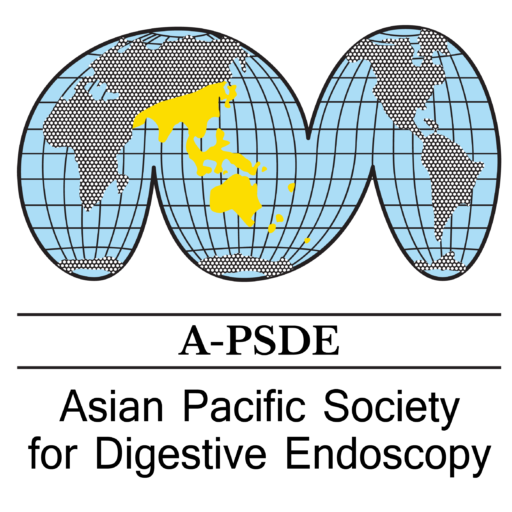
The Digestive Endoscopy Society of Taiwan (DEST) represents national societies of endoscopy in Taiwan which was officially established in 1992 with 584 members and until now there were more than 1650 active members comprise of endoscopists of gastroenterology, pediatrics, general surgery and colorectal surgery.
The DEST is run by the Governing Council with one president and 30 councilors. There are 11 committee and 12 working groups in DEST. The former include institutional development committee, member qualification committee, research committee, education committee, clinical practice committee, board review committee, international cooperation committee, technician committee, teaching hospital accreditation committee, ethic committee and primary affairs committee, the latter are composed of endoscopic resection & tumor ablation, biliary-pancreatic endoscopy, mid-gut and capsule endoscopy, colonoscopy, AI、IEE and innovation endoscopy, motility and endoscopic enteral nutrition, EUS and neuroendocrine tumor, interventional IBD, endoscopic hemostasis and GI stenting, FMT, simulation teaching working group and endoscopy center directors meeting. The DEST income is derived from membership fees and from a proportion of the profits of the annual meetings.
The aims of our society are to:
- Promote the researches on gastrointestinal endoscopy
- Publish publications on gastrointestinal endoscopy
- Hold academic activities on gastrointestinal endoscopy periodically
- General affair relevant to gastrointestinal endoscopy in Taiwan
- Participate actively in international activities in the field of gastrointestinal endoscopy with the members of international societies of digestive endoscopy including APSDE and WEO.
The periodic activities of DEST include:
- Annual meeting held in July/August annually
- Annual combined meeting with Gastroenterology Society of Taiwan in March annually
- Educational program for DEST members annually
- Educational program for guaranteeing quality and safety of gastrointestinal endoscopy annually
- Video endoscopy case discussion meeting seasonally
- Conference on early GI cancer and innovative endoscopy conference twice per year
- Educational program for gastrointestinal endoscopy technicians twice per year
- Live demonstration twice per year
- EUS stimulator training four times per year
- Endoscopic animal training – basic third per year

